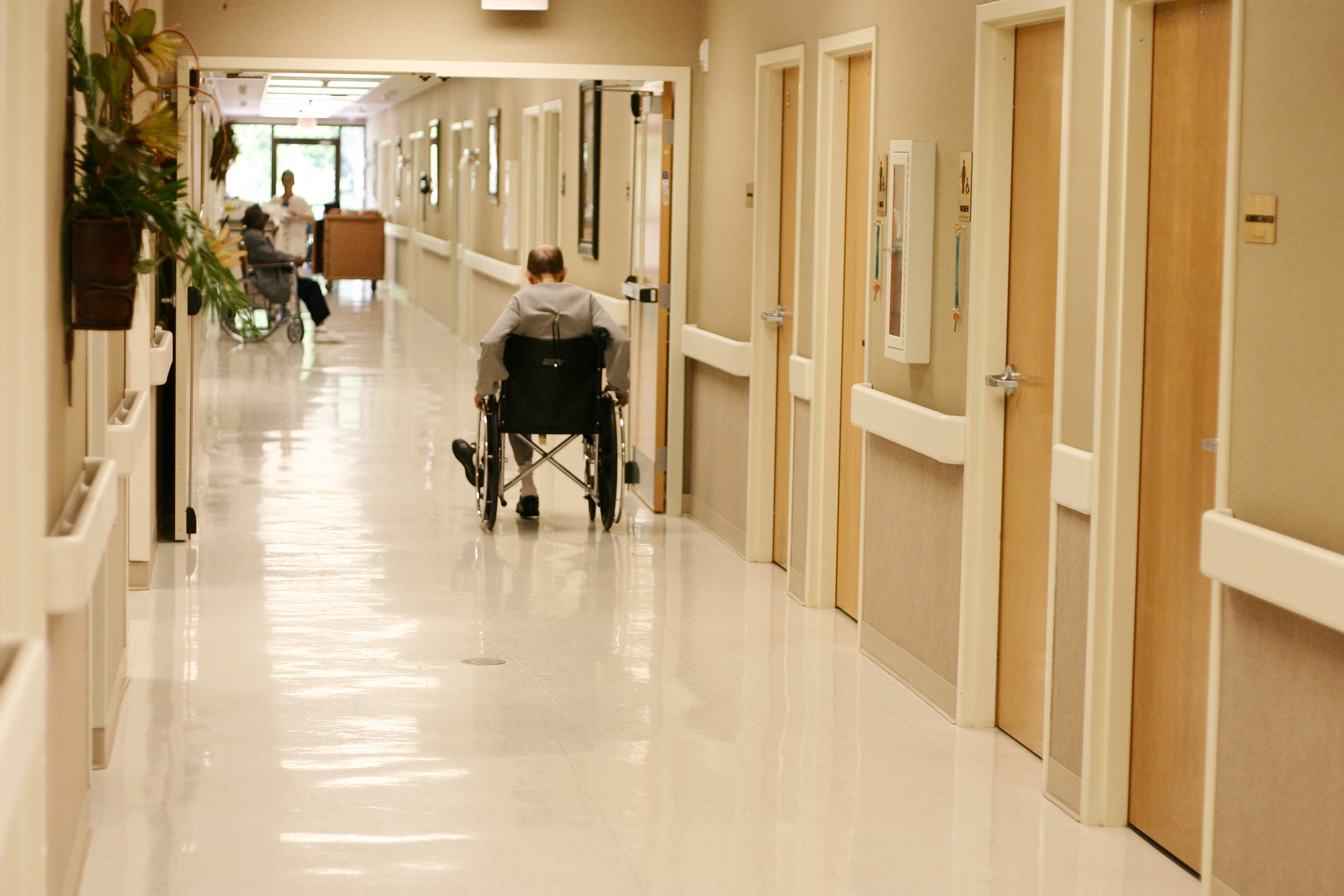AARP Hearing Center

In 1999, Robert Iovinelli suffered a stroke that resulted in left-side paralysis and forced him to go on disability. For almost 10 years he lived on his own, until a heart condition sent him to the hospital.
From there, Iovinelli, 65, went to a Willowbrook nursing home. During his two-year stay, the retired printer, landscaper and restaurant manager said he was mistreated by residents and cared for by a resentful staff.
He gathered “a nice collection of bedsores” and a nasty bruise when a worker rammed a machine into the side of his bed.
In August, a public advocate got him transferred to a different home, in Bloomingdale, where he is well cared for and hopes to return to independent living.
“It boils down to staffing,” Iovinelli said of his mistreatment, noting that often he was cared for by agency staff who spent only a day at the facility and had no familiarity with its residents.
Nursing homes “should try to hire people who take their jobs seriously and treat people with respect,” he said.
The COVID-19 pandemic has shone a harsh light on the industry’s failings, including inadequate staffing and lax practices that have allowed the coronavirus to run rampant.
As of late November, there were nearly 46,000 cases and more than 6,000 deaths from the coronavirus in Illinois long-term care facilities. While residents of these facilities accounted for only 6.2 percent of cases, they made up almost half of all deaths, state data shows.
With the state legislative session set to begin this month, AARP Illinois is working with lawmakers and aging advocates on measures to improve conditions in long-term care facilities.
Key priorities include calling for regular COVID-19 testing and adequate personal protective equipment, better telecommunication options for caregivers and families, heightened accountability for nursing homes, and transparency on state and federal funding that goes to facilities.
“Family caregivers of nursing home residents deserve to know that those resources are being used to ensure the quality of their loved ones’ lives and care,” said Lori Hendren, AARP Illinois advocacy and outreach director.
Worker shortages a key issue
Staffing issues, in particular, have contributed to the pandemic’s tragic toll on nursing homes across the state and their care of vulnerable residents.
Lacking adequate wages, certified nursing assistants—who provide much of the hands-on care—often work at several facilities to patch together a living, said Penny Cook, CEO of the Pioneer Network, a nonprofit focused on bringing culture change to nursing homes. Workers moving can lead to the virus’s spreading, Cook said.
Among AARP’s legislative goals is the implementation of rules ensuring residents’ rights to informed consent for the administration of specific medication, along with quality measures and expectations for care facilities.
Initially passed as part of a 2019 law, the rules “should have been in effect by now,” said state Sen. Jacqueline Y. Collins (D-Chicago), a sponsor of the legislation and longtime advocate for nursing home residents. Some COVID-19-related deaths might have been prevented with proper staffing, she said.
Learn more about AARP Illinois’ advocacy work at aarp.org/il or 866-448-3613.
Lisa Bertagnoli is a writer living in Chicago.
More on Long-term Care
- COVID-19 cases again on the rise in nursing homes
- Track the status of nursing home visit rules
- How will nursing home residents get the COVID-19 vaccine?































































